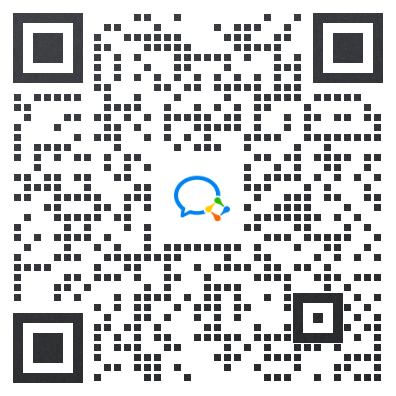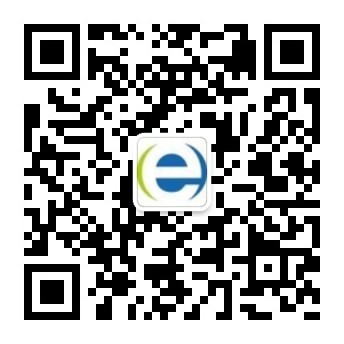2016年中科院考博英语真题2
摘要:2016年中科院考博英语真题,更多关于考博英语的相关信息,请关注希赛网英语考试频道。
Part II Cloze Test (15 minutes, 15 points)
Directions: For each blank in the following passage, choose the best answer from the four choices given below. Mark the corresponding letter of your choice with a single bar across the square brackets on your machine-scoring ANSWER SHEET.
Explosions. Radiation. Evacuations. More than 30 years after Three Mile Island, the 21 crisis in Fukushima, Japan, has brought back some of the worst 22 surrounding nuclear power—and restarted a major debate about the merits and the 23 of this energy source. Does nuclear energy offer a path away from carbon-based fuels? Or are nuclear power plants too big a threat? It’s time to 24 myth from reality. One myth is that the biggest problem with nuclear energy is safety. Safety is certainly a critical issue, 25 the tragedy in Japan is making clear. But for years, the biggest challenge to sustainable nuclear energy hasn’t been safety, 26 cost.
In the United States, new nuclear construction was already slowing down even before the partial meltdown at Three Mile Island in 1979. The disaster 27 sealed its fate. The last nuclear power plant to come online started 28 power in 1996—but its construction began in 1972. Today, nuclear power remains 29 more expensive than coal- or gas-fired electricity, 30 because nuclear plants are so expensive to build. 31 are slippery, but a plant can cost $5 billion. A 2009 MIT study estimated that the cost of producing nuclear energy was about 30 percent higher than 32 of coal or gas.
Of course, cost and safety aren’t 33 Concerns about safety lead to extensive regulatory approval processes and add uncertainty to plant developers, calculations, both of 34 boost the price of financing new nuclear plants. It’s not clear how much these construction costs would 35 if safety fears subsided and the financing became cheaper—and after the Fukushima catastrophe, we’re unlikely to find out.
21. A. unfolding B. unyielding C. unwilling D. underlying
22. A. spirits B. crimes C. nightmares D. intentions
23. A. faults B. obstacles C. objections D. drawbacks
24. A. separate B. remove C. exchange D. prevent
25. A. if B. as C. yet D. although
26. A. only B. nor C. but D. or
27. A. regularly B. severely C. invariably D. merely
28. A. transcending B. dispatching C. delivering D. saving
29. A. exclusively B. considerably C. deliberately D. conversely
30. A. interestingly B. roughly C. mainly D. surprisingly
31. A. Surpluses B. Consumptions C. Deficits D. Estimates
32. A. those B. that C. both D. either
33. A. unreleased B. unmatched C. unrelated D. unmarked
34. A. which B. them C. that D. whom
35. A. remain B. fall C. flow D. sway
考博英语自学神器:中国科学院大学-希赛学习包
版权辅导教材+推荐自学计划+在线智能题库+知识点练习+入群共同学习+1-2年服务期
考博英语培训课程:中国科学院-希赛课程
结合历年考试真题,辅以相关理论知识,以轻松、简化的语言教授,让学生迅速掌握知识点及做题技巧。
小编推荐:
加入希赛网,获取更多考博英语相关信息,真题解析
延伸阅读
- 2026全国医学博士英语统考准考证打印时间
- 2026全国医学博士英语统考准考证打印流程
- 上海戏剧学院2026年招收攻读博士学位研究生招生简章
- 考博英语全国医学统考真题考情分析
- 桂林医科大学2026年在职医师攻读临床医学博士专业学位人员招生简章
- 研究生上多少年可以考博士

考博英语微信公众号

了解更多考试动态
考博英语备考资料免费领取
去领取

扫一扫,进入微信小程序,各院校历年真题随时随地可刷题,助力考博英语提分。
- 0
- 2
- 8
 专注在线职业教育25年
专注在线职业教育25年







 扫描二维码
扫描二维码
 扫描二维码
扫描二维码








